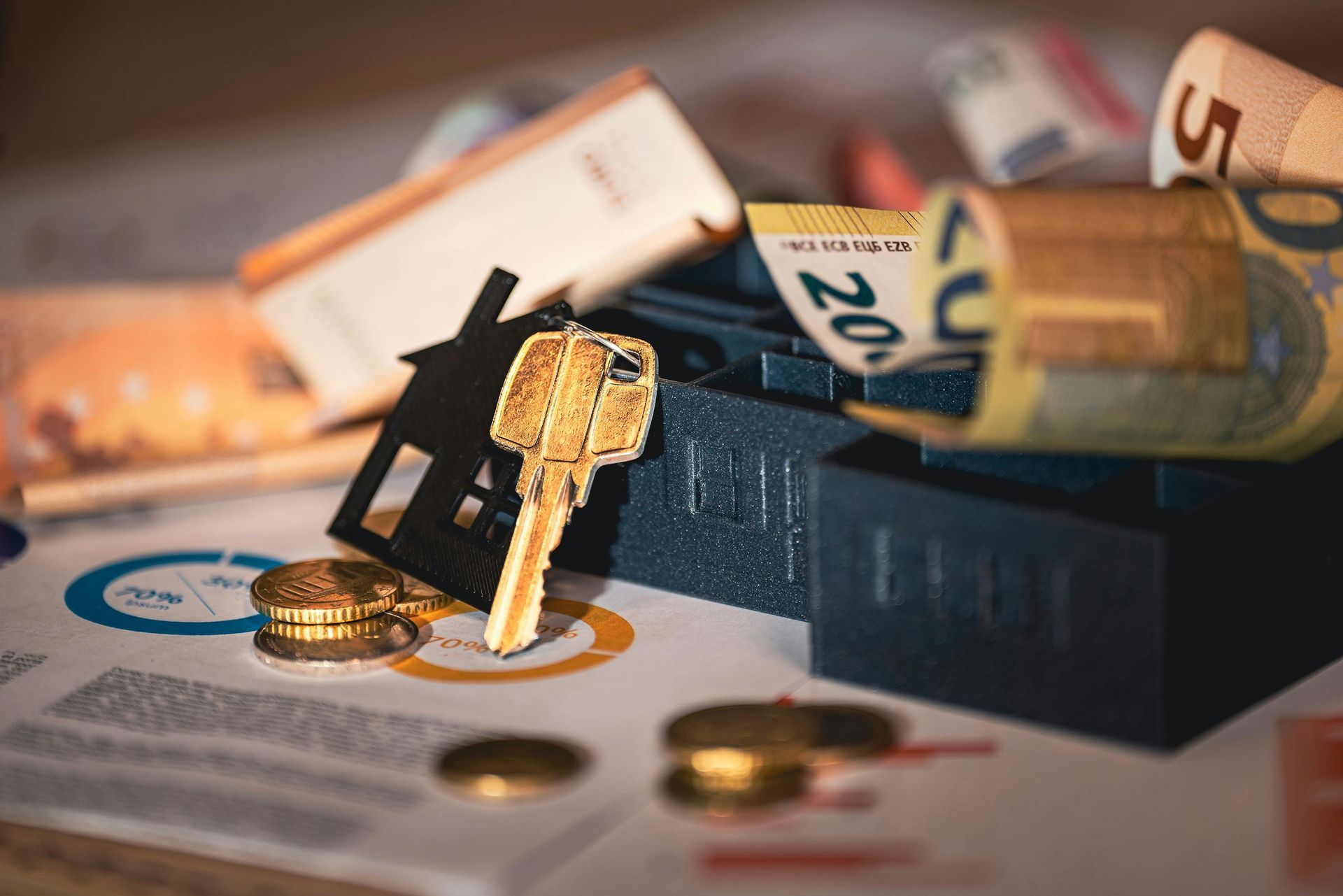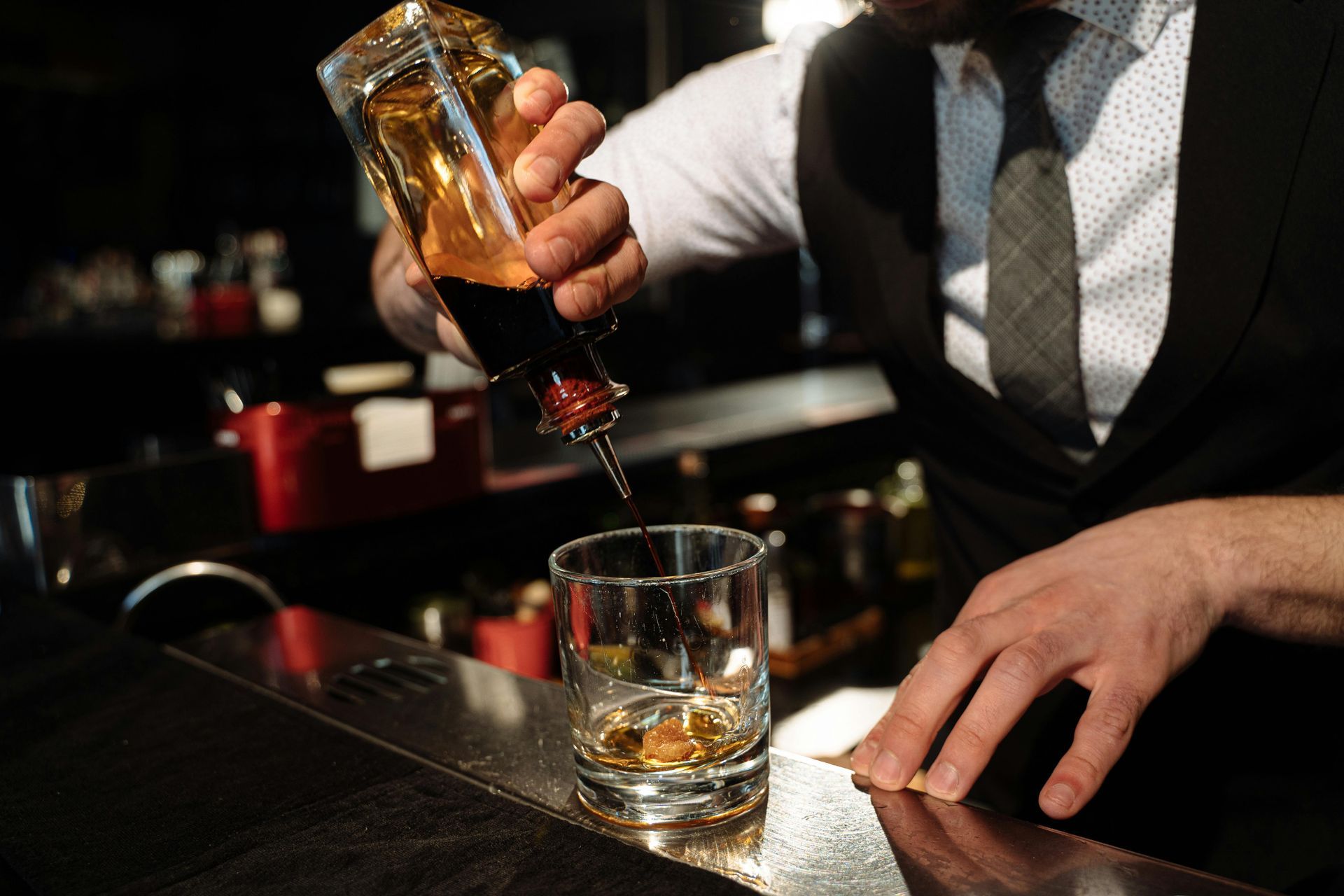COPYRIGHT LITIGATION ATTORNEYS
IN DALLAS FORT WORTH
Our industry-experienced copyright litigation attorneys handle copyright disputes in federal court, state court, and the U.S. Copyright Office.
DEFENDING YOUR COPYRIGHT
Copyright Protection and Litigation Attorneys in Texas
As with trademarks and patents, copyright litigation is centered on infringement and violation of the copyright holder's rights. However, copyright litigation can be particularly complex and involved due to the fact that the copyright doesn't need to be registered for an infringement to have occurred (although the copyright must be registered before an infringement suit can be initiated, nonetheless the complained of infringement can have occurred before said registration). Hence, much of a copyright infringement suit can revolve around establishing and proving one's right to the copyright. Copyright infringement suits can become further complicated by the criminal charges that can be attached in certain circumstances. For these reasons, when contemplating a copyright infringement suit, it is important to contact an attorney with extensive experience in intellectual property law and criminal law to establish your right to the copyright affirmatively, and to advise you as to what remedies to pursue.
Remedies for Copyright Infringement
Our copyright litigation attorneys have earned a reputation for aggressive and responsive litigation. If you must protect your copyright, the following are examples of your potential remedies in a copyright infringement suit:
- Injunction: As with other intellectual property infringements, the most common and effective remedy is the imposition by the court of an injunction against the offending party preventing further infringement. Injunctions are operative throughout the United States and are enforceable through contempt hearings. Such contempt hearings can be advantageous to the copyright owner in that if the offending party engages in a new activity that the copyright holder believes infringes upon his copyright, the copyright holder, rather than having to go to the expense and trouble of initiating a new infringement suit, may bring a contempt hearing before the court to determine whether the offending party has violated the injunction;
- Impoundments and Destruction: Pursuant to 17 USC §503, at any time during the pendency of a copyright infringement suit, the court may order that all copies that infringe upon the copyright, all articles used for the reproduction of the same, and the records documenting the manufacture, sale, or receipt of said copies be impounded. Further, the court may, as part of it's final judgment or decree, order that all infringing copies found to violate the copyright and the articles used to reproduce the same be destroyed or otherwise reasonably disposed of;
- Actual Damages and Profits: The copyright holder in an infringement suit is entitled to recover any actual damages sustained due to the infringement. The copyright holder is further entitled to recover any profits that the offending party gained as a result of the infringement and are not factored into the calculation of actual damages;
- Statutory Damages: In the alternative, a copyright holder may choose, any time before the final judgment, to recover statutory damages rather than actual damages and profits. The amount of the statutory damages is subject to the discretion of the Court and depends on several variables but under no circumstances shall be less than $200 or more than $150,000;
- Costs and Attorney's Fees: The court, in its discretion, may award either party recovery of total costs and/or reasonable attorney's fees; and
- Criminal Penalties : Although not strictly a remedy to the copyright holder, one possible course of action that should be considered is bringing criminal charges for willful infringement of the copyright. Such criminal infringement of copyright is punishable, depending on the particular circumstances, by up to 10 years in prison and/or fines of up to $250,000.
Dallas Copyright Litigation Lawyers
Our Dallas copyright litigation attorneys have earned a reputation for aggressive, responsive, efficient, and most importantly, successful copyright litigation. While we are prepared to take every case to trial, we know from our clients' perspective that often, the best litigation is the one that settles in mediation. Our straight forward unbiased guidance can help you avoid litigation whenever possible. However, if needed, our litigators are skilled in negotiation techniques and have a reputation for achieving very favorable results for our clients both in-court and out-of-court.
Additional Copyright Litigation Focus
Elements of a Copyright Infringement Claim
To successfully bring a copyright infringement action requires that a plaintiff plead and prove (1) ownership of a valid copyright and (2) actionable copying by the defendant of constituent elements of the original work. A copyright must be filed with the U.S. Copyright Office before litigation may be commenced. See U.S. Copyright Office. A copyright certificate of registration creates a rebuttable presumption that a plaintiff’s copyright is valid and that the plaintiff/registrant owns the copyright.
Ownership of a Valid Copyright & the “Originality” Requirement:
In order to prove ownership of a copyright, a Plaintiff must plead and prove (i) the originality and copyrightability of the material and (ii) compliance with the statutory formalities. The Copyright Act defines the scope of copyright protection, and the copyrighted work must be original in order to have copyright protection. The term “original” for copyright purposes means (i) that the author independently created the work (as opposed to copied from other works) and (ii) that it possesses at least some minimal degree of creativity. A copyright owner has the legal right to use, distribute or publish the copyrightable intellectual work.
Proof of Actionable Copying:
To establish actionable copying, a plaintiff must prove (i) the defendant factually copied the protected material and (ii) that there is a “substantial similarity” between the two works. Did the alleged copyright infringer use the copyrighted material in his own work? Factual copying can be proven by two means: direct copying or circumstantial evidence of copying. As direct evidence is often difficult to find in discovery, copyright plaintiffs often rely upon circumstantial evidence to show factual copying. Circumstantial evidence may include either: (i) proof of access to the allegedly infringed work plus evidence of a “probative similarity” between the works; or (ii) in the absence of proof of access, evidence of a “striking similarity” between the works. What many people fail to realize is that not all copying is legally actionable under copyright law. There are exceptions to the copyright law that potential defendants commonly use to avoid copyright infringement: fair use, face-to-face instruction, and virtual instruction. Fair use of copyright includes criticism, comment, news reporting, teaching (copies for classroom use), scholarship, and research.
Factual Copying:
A copyright plaintiff may establish factual copying with evidence that (1) the defendant had access to the copyrighted work prior to the creation of the allegedly infringing work, and (2) the two works are probatively similar to each another. Courts have determined that “access” means that the creator of the allegedly infringing work had a “reasonable opportunity to view” the allegedly infringed work. Mere speculation or conjecture that a person has access to the copyrighted work is not enough. Probative similarity requires a showing that the work, is sufficiently similar to establish a misappropriation of the copyrighted work when compared as a whole. Thus, a copyright plaintiff only establishes an inference of copying when he pleads and proves competent evidence that (i) a copyright defendant had access to the allegedly infringed work, and (ii) there exists a probative similarity between the original copyrighted work and the alleged infringing work. Probative similarity may exist if there are similarities between the original copyrighted work and alleged infringing work (whether substantial or not) that, in the ordinary course of events, would not be expected to arise independently in the two works and that therefore might suggest that the defendant copied all or part of the plaintiff’s copyrighted work.
Striking Similarity Test:
Where the original copyrighted work and alleged infringing work are “strikingly similar” then the Court will often allow a permissible inference of copying without further need to prove any inference of copying. This striking similarity often obviates the need to do a probative similarity analysis and is an alternative means of proving copying where proof of access is not available.
CLIENT MATTERS
5,000+
YEARS OF SERVICE
25+
Award Winning
Recognized in the legal industry as dedicated board-certified lawyers and Rising Stars.
Expert Team
Your project will be handled by legal experts every time. You will have the most experienced attorneys working for you.











